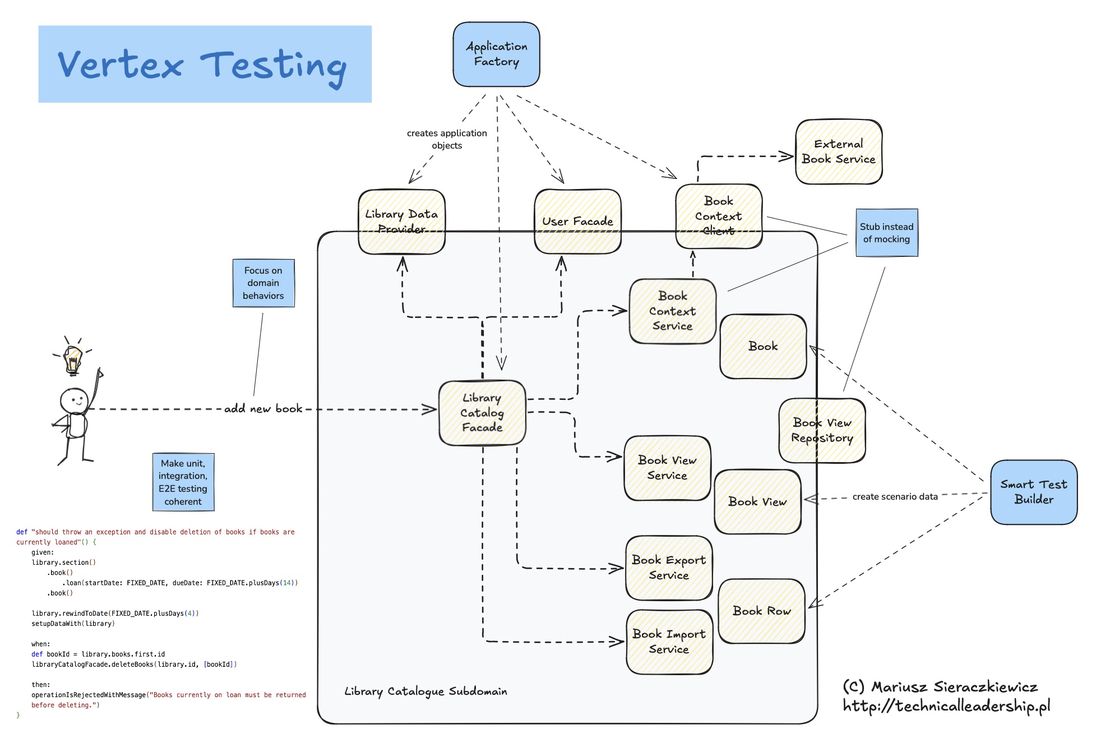Technical Leader Worries: I Am Not a Born Leader
- Mariusz Sieraczkiewicz
- Leadership , Technical management
- December 30, 2013
Table of Contents
Technical Leader Worries: I Am Not a Born Leader
Have you ever heard about Alexander the Great, Napoleon, J. F. Kennedy, Martin Luther King? I bet you have. These are great historical leaders. These names often come to mind when we think about leadership. When coupled with Hollywood movie characters, we imagine leaders as heroes with strong charisma and exceptional talent for public speaking. This stereotype is hard to shake. But wait a minute… Is this what we should adhere to when talking about technical leaders?
I conducted a survey among software developers and technical leaders, asking about the characteristics of a specific technical leader they appreciated and had encountered in their lives. What do you think they listed?
Technical Leader Sample Actions (from Survey Answers):
- Asking questions to analyze problematic situations
- Mediating
- Not forcing a particular solution
- Isolating the team from external distractions
- Engaging, especially in critical situations
- Reminding the team of their goals
- Encouraging focus on solutions more than the problems themselves
Sample Skills and Attitudes:
- Knowledge and experience
- Communication
- Patience
- Mediation
- Risk-taking
- Negotiation
Sample Values:
- Openness
- Relationships
- Peace
- Courage
- Goal orientation
So, there isn’t much about being a brave hero. Instead, technical leaders must be great problem solvers and team supporters. Most great leaders I’ve met are like that. They focus on their team and are committed to doing great work.
As technical leaders, we must ensure things get done, remove impediments, and create environments where team members want to belong. Unlike charisma, these skills can be developed over time—you don’t need to be born with them, and this is good news.
For those who love models, I can tell you that there are different types of leadership (and indeed many different models). The stereotype we are accustomed to is known as charismatic leadership, but it isn’t the only style. There are also transformational, visionary, transactional, and servant leadership styles you can read more about it here. What we need most in our industry is a mix of transformational and servant leadership.
(top image source: dccomics.com)
(Text translated and moved from original old blog automatically by AI. May contain inaccuracies.)
